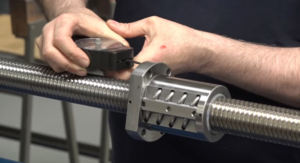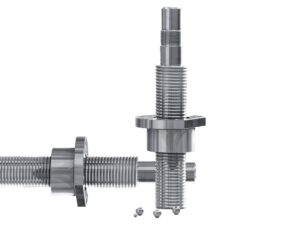In the fast-paced world of automotive manufacturing, precision engineering plays a crucial role in optimizing efficiency, enhancing quality, and driving innovation. In this blog post, we delve deep into how precision engineering impacts every aspect of automotive manufacturing, from advanced machining techniques to quality control measures, precision components in electric vehicles, and the profound impact of precision on vehicle performance and safety.
Advanced Machining Techniques
Precision engineering revolutionizes automotive manufacturing with advanced machining techniques that enable the production of intricate components with unparalleled accuracy and consistency. High-speed machining, multi-axis machining, and computer numerical control (CNC) technologies are at the forefront, allowing engineers to create complex geometries, reduce production times, and improve overall efficiency. These techniques not only optimize manufacturing processes but also enhance the performance and reliability of automotive components.
Quality Control Measures
Quality control is paramount in automotive manufacturing, and precision engineering plays a critical role in ensuring the highest standards of quality and reliability. Advanced metrology tools, such as coordinate measuring machines (CMMs), laser scanners, and optical inspection systems, enable precise measurement, inspection, and validation of automotive components. Statistical process control (SPC) techniques, robust testing protocols, and stringent quality assurance processes further enhance quality control measures, ensuring that every component meets exacting specifications and regulatory standards.
Precision Components in Electric Vehicles
The rise of electric vehicles (EVs) has sparked a demand for precision-engineered components that are lightweight, efficient, and durable. Precision engineering techniques, such as additive manufacturing, laser welding, and advanced materials engineering, are driving innovation in EV components, including battery systems, electric motors, power electronics, and charging infrastructure. These precision components not only contribute to the performance and range of EVs but also play a crucial role in sustainability and reducing environmental impact.
Impact on Vehicle Performance and Safety
Precision engineering directly impacts vehicle performance, safety, and reliability. Precision-engineered components, such as engine parts, chassis systems, suspension components, and braking systems, are designed to withstand rigorous conditions, deliver optimal performance, and ensure passenger safety. Tight tolerances, accurate assembly, and thorough testing are hallmarks of precision engineering in automotive manufacturing, leading to vehicles that are efficient, agile, and safe on the road.
In conclusion, precision engineering is a driving force behind the automotive industry’s quest for efficiency, quality, and innovation. From advanced machining techniques and stringent quality control measures to precision components in electric vehicles and the profound impact on vehicle performance and safety, precision engineering shapes the future of automotive manufacturing. At NNG Industries, we are proud to be at the forefront of this transformative era, delivering precision excellence that powers the vehicles of tomorrow.
ChatGPT can make mistakes. Consider checking important information.



